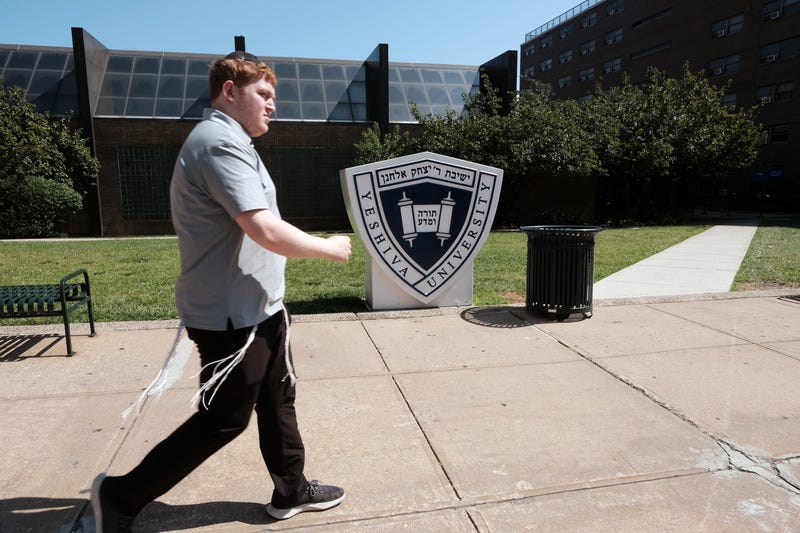
NEW YORK (1010 WINS) — The Supreme Court ruled on Wednesday that Yeshiva University must recognize an LGBTQ student group under a city anti-discrimination law.
listen to 1010 wins
The court ruled 5-4 that Yeshiva University must recognize the LGBTQ Pride Alliance and give it access to the same facilities that other groups can use on campus.
Wednesday’s decision upholds a state court’s ruling in June that the religious school must recognize the group under the New York City Human Rights Law, which bars discrimination based on sexual orientation.
Yeshiva argued that, as a religious institution, it should be exempt from the law.
The law does include exemptions for religious organizations, but a Manhattan judge ruled the school does not meet the requirements.
The LGBTQ Pride Alliance first sought official recognition on campus in 2019 and sued in April 2021.
Wednesday's ruling stated the college could restate it's case in New York State courts and return to the Supreme Court if it failed to find purchase there.
This ruling is a break from recent decisions in which the court’s 6-3 conservative majority have zealously expanded religious rights in public institutions, sometimes at the expense of the civil rights of LGBTQ people.
The court ruled in favor of a high school football coach who led prayers after games and sided with a Catholic Church-affiliated agency in Philadelphia that had been barred from participating in foster care services because the group refused to place children with gay couples.
Chief Justice John Roberts and Justice Brett Kavanagh broke with the conservative majority and joined the court’s three liberals, Justices Sonia Sotomayor, Elena Kagan and Kentaji Brown Jackson in for the ruling.
Justices Samuel Alito, Clarence Thomas, Neil Gorsuch and Amy Coney Barrett dissented.


